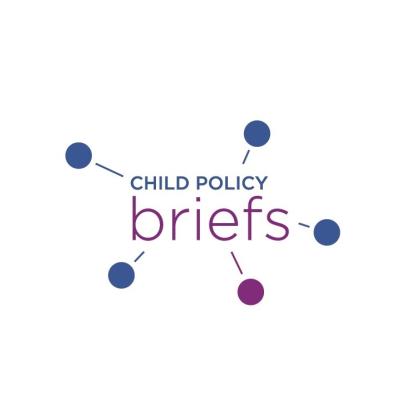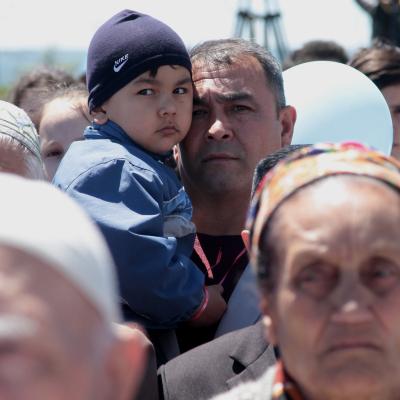Refugees, Deportation, and Unaccompanied Immigrant Children
Description
A summary of the scientific literature on deportation and unaccompanied immigrant children.

Components
Image

How This Impacts Children's Development
Description
The rapidly shifting immigration policy context is consequential to children’s health, development, and wellness. Policies that do not prioritize child wellbeing can have lifelong negative consequences on children’s physical and psychological wellbeing.
READ THE BRIEF: AMICUS BRIEF: UNACOMPANIED IMMIGRANT CHILDREN FACING DEPORTATION PROCEEDINGS
READ THE BRIEF: how the threat of deportation affects children in latino immigrant families, 2018
Talking Points from the SRCD Briefs
|
Policy Considerations in the Briefs
- Invest in family, school, and community mental health prevention services by providing funding to develop and test new mental health programs, including for early childhood, and expanding access to evidence-based treatment for refugee children and families.
- Ensure refugees enroll in Medicaid and the Children’s Health Insurance Program (CHIP).
- Provide experts trained in forensic interviewing and developmental psychology to interview children in ways that maximize their likelihood of providing complete and accurate responses.
- Advocate for the Protecting Sensitive Locations Act to improve policies, such as preventing agents from conducting enforcement within 1,000 feet of schools, churches, and hospitals.
- Urge U.S. Citizenship and Immigration Services (USCIS) to address the citizenship application backlog, affirm that all children in the U.S. have the right to free public education, and support legislation that provides a pathway to citizenship for undocumented immigrants.
READ THE BRIEF: how the threat of deportation affects children in latino immigrant families, 2018